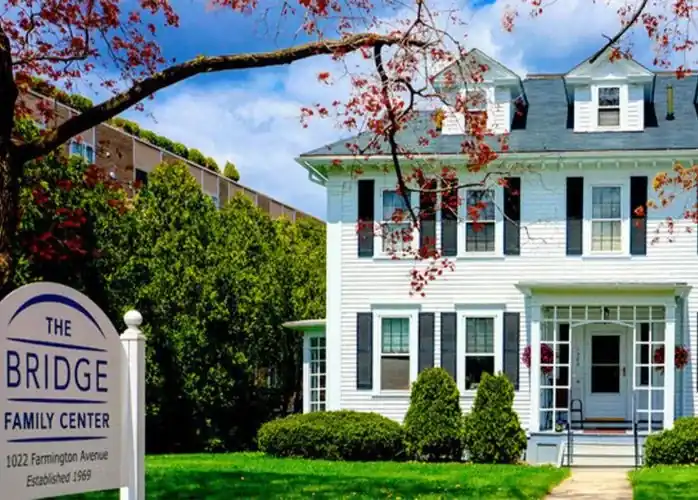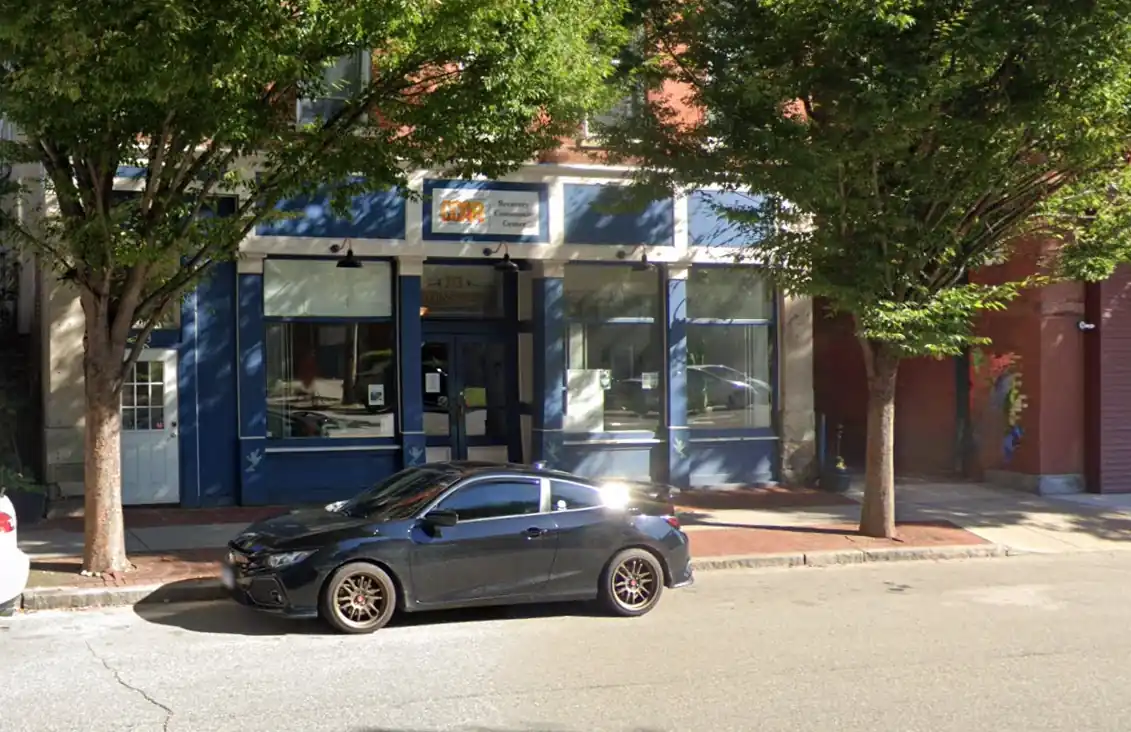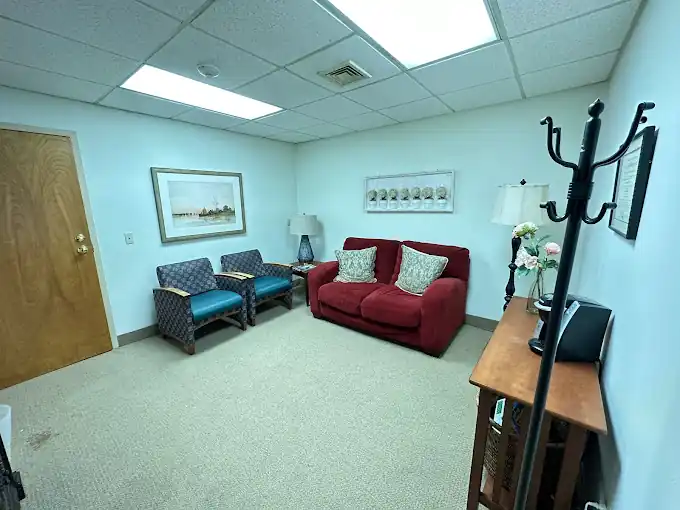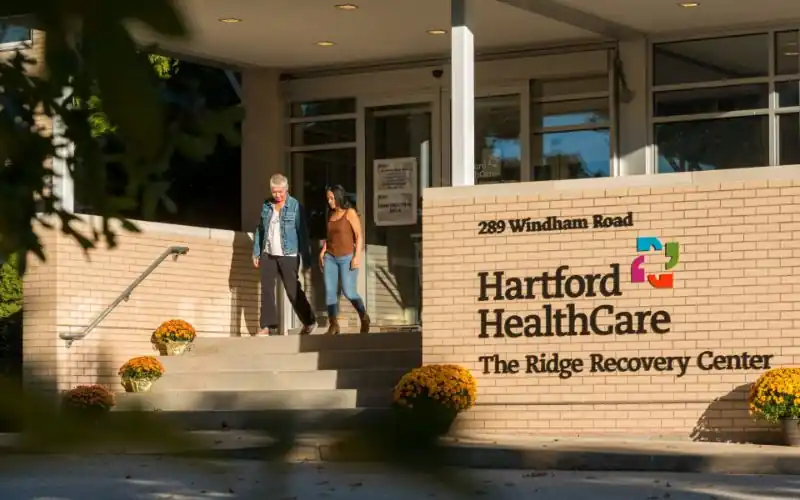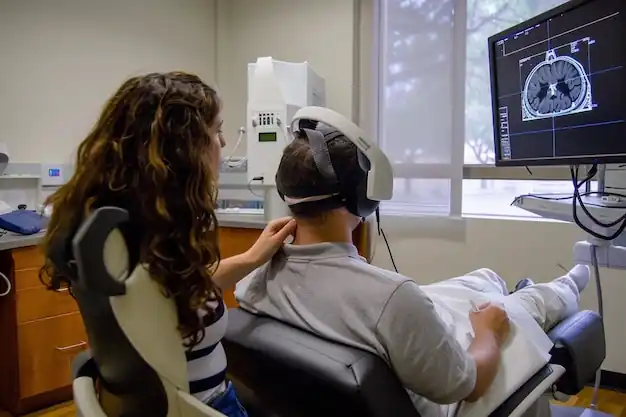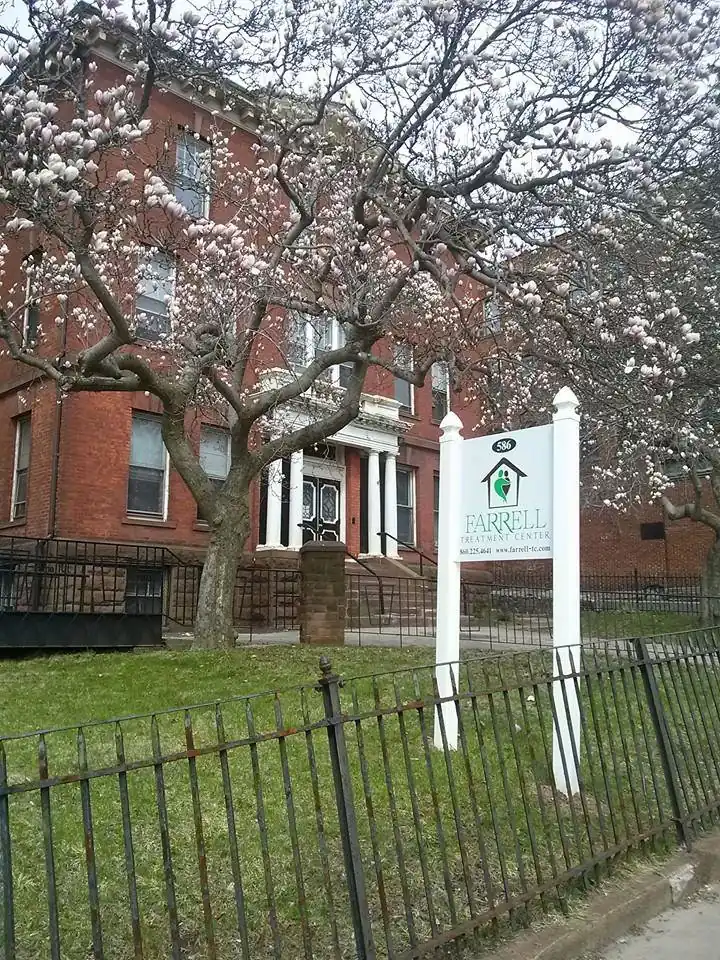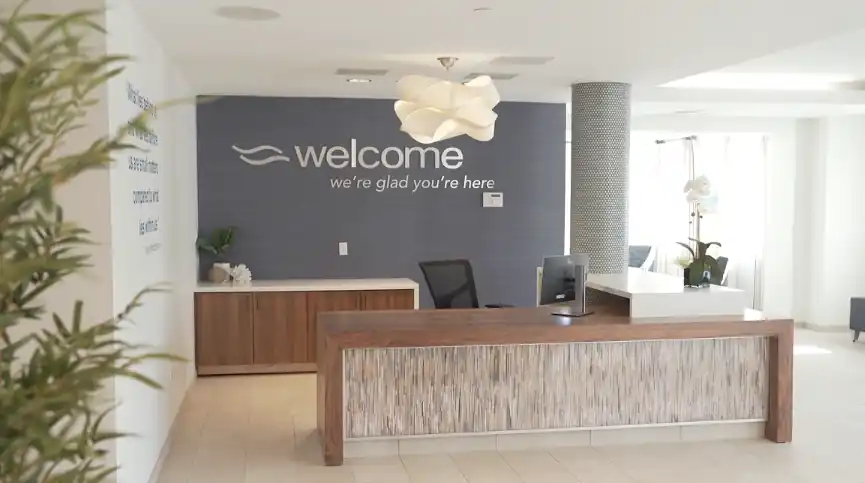Addiction Treatment & Recovery Centers in Connecticut
Connecticut offers comprehensive addiction treatment options for individuals facing substance use disorders and co-occurring mental health conditions. With a range of facilities from historic centers like High Watch to modern outpatient clinics, the state provides personalized and evidence-based care to residents.
Treatment programs include medically supervised detox, residential rehabilitation, intensive outpatient services, and ongoing aftercare support. Many facilities specialize in dual diagnosis, addressing both addiction and mental health to improve recovery outcomes.

